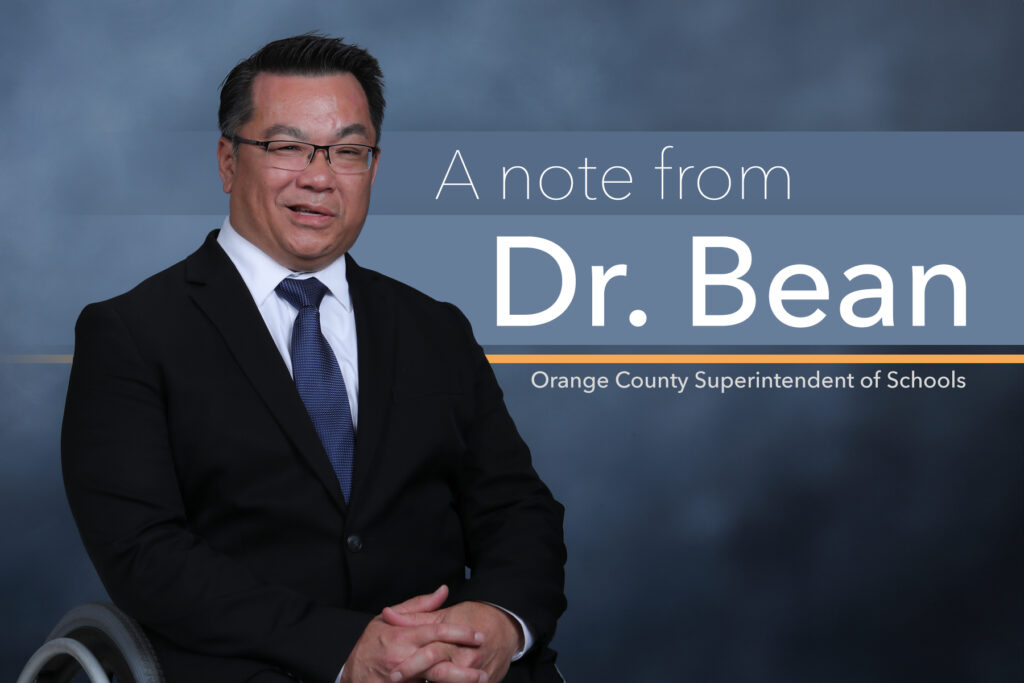Throughout my career, two principles have emerged as essential to effective leadership in education: emotional intelligence and actively involving key partners in major decisions.
These aren’t new ideas, but time and experience have anchored them as crucial pillars that build and strengthen the connections between our students, educators and the broader community.
Let’s start with emotional intelligence, which goes beyond recognizing our own feelings. It’s about understanding the emotions of others, managing our reactions, and dealing with each other with empathy. This skill is vital in education because it influences how teachers interact with students, how students engage with one another, and how we all navigate the complexities of learning environments.

Research certainly backs up the importance of emotional intelligence in education, a topic I explored closely in my doctoral dissertation.
Studies show that teachers who are more attuned to their own emotions and those of others generally build stronger relationships with their students. These connections can significantly boost student performance in critical areas like reading and math. Notably, the data suggest that the benefits are even greater for students of color, highlighting how emotional intelligence can help close achievement gaps.
Equally important is the principle of involving those most affected by our decisions in the decision-making process — a point my staff has likely heard me emphasize repeatedly.
Drawing inspiration from globally successful educational models, we recognize the need to embrace academic rigor and cultivate 21st-century skills in science, technology, engineering, the arts and math. However, I believe true leadership also involves actively soliciting and valuing the input of all our partners, including students, parents, teachers, administrators and support staff.
This approach guarantees that our decisions reflect the collective needs and insights of the communities we serve. It not only leads to more informed choices but also fosters trust and accountability, transforming families and employees from passive recipients into active contributors.
My personal experiences as an English language learner and a student with a disability have deeply influenced my commitment to these principles. Growing up, teachers and mentors took the time to understand, nurture and guide me, which in turn fueled my passion to advocate for policies that are inclusive and supportive.
Collectively, I call this leading with heart. It’s an ethos that emphasizes empathy, compassion and genuine concern for the well-being of others. It involves understanding the personal and professional needs of team members and making decisions that are not only logical but also considerate of their feelings and circumstances. Those who lead with heart prioritize the human element in their leadership style, fostering trust and respect that ultimately results in stronger outcomes.
So here’s my call to action: As we move forward, I invite every member of our community to join us on this journey, embracing a path guided by emotional intelligence as well as meaningful collaborations and community involvement. Together, we can build educational systems that truly lead with heart, honoring the potential of every student.
By teaching and leading with heart, we can make a lasting impact, ensuring that every individual feels cared for and valued — just as I did.
